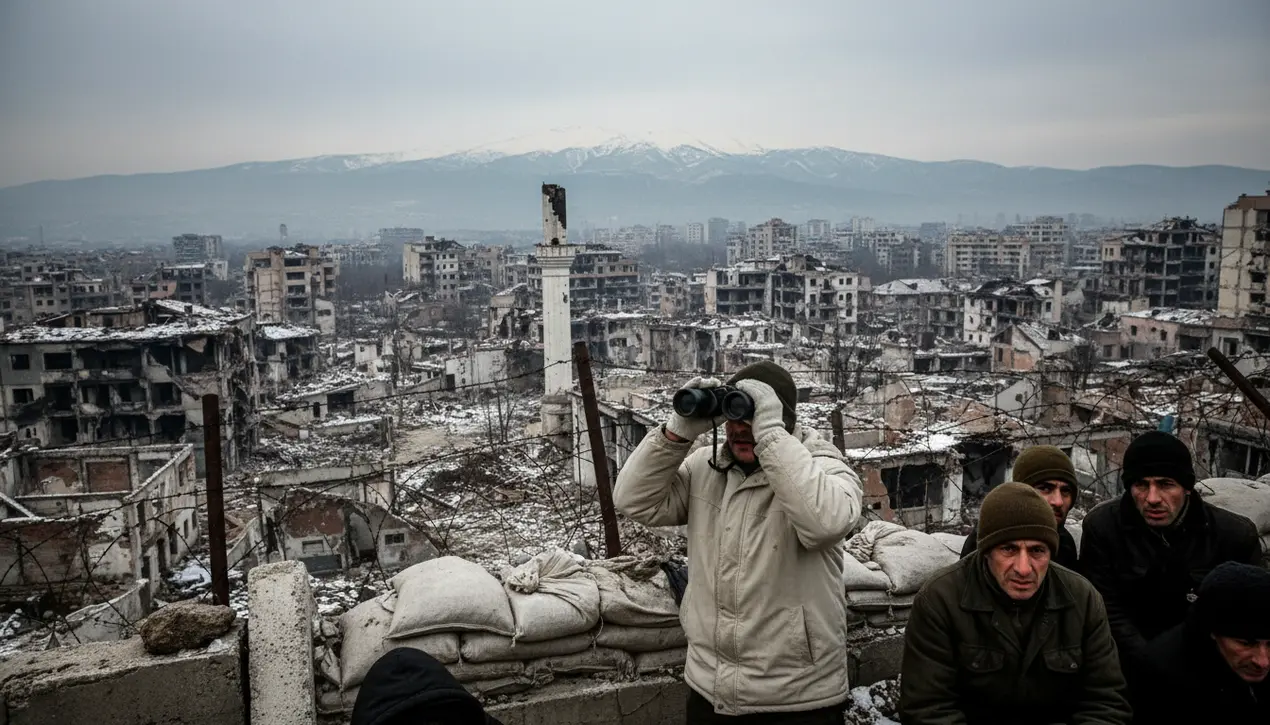
Politicsconflict & defenseMilitary Operations
Italy Probes Claims Tourists Paid to Kill Bosnian Civilians.
OL
Oliver Scott
2 hours ago7 min read
A chilling investigation now unfolding in Italy cuts to the heart of one of modern Europe's most traumatic chapters, probing allegations that tourists, primarily Italians among others, paid substantial sums to fire upon Bosnian civilians risking their lives in the besieged city of Sarajevo. This isn't merely a historical footnote; it represents a grotesque commodification of a humanitarian catastrophe, a war crime repackaged as a perverse tourist attraction.The siege of Sarajevo, which stretched from 1992 to 1996, was the longest of a capital city in the history of modern warfare, a brutal campaign of sniping and shelling by Bosnian Serb forces that systematically targeted civilians, turning streets into kill zones and turning basic acts of survival into lethal gambles. The new allegations suggest that this terror was not only orchestrated by military actors but was, in a macabre twist, accessible to wealthy foreigners who could pay for the 'experience' of joining the snipers.From a risk analysis perspective, this opens a Pandora's box of legal and ethical ramifications. The immediate legal risk for the individuals involved is prosecution for war crimes under principles of universal jurisdiction, as the acts described—targeting non-combatants—are clear violations of the Geneva Conventions.For Italy, the political and diplomatic risk is severe, straining its relationship with Bosnia and Herzegovina and potentially implicating state actors if any form of facilitation or willful ignorance is uncovered. The broader systemic risk is the precedent it sets: the normalization of conflict zones as arenas for thrill-seeking, which could potentially incentivize similar behavior in contemporary war zones, from Ukraine to Gaza.The psychological profile of an individual who would pay to commit such an act points to a profound moral disengagement, a phenomenon studied in conflict sociology where the dehumanization of the 'other' allows for extraordinary cruelty. This case forces a re-examination of the entire Sarajevo siege through a new, even darker lens, questioning what other atrocities were outsourced or witnessed by external parties.The potential consequences extend beyond courtroom verdicts; they strike at the core of post-war reconciliation efforts in the Balkans, potentially reopening old wounds and fueling renewed ethnic tensions by highlighting a form of victimization previously unimagined. As investigators sift through evidence, the world is left to confront an unsettling truth: in the calculus of war, some saw not human tragedy, but a market opportunity for the ultimate, and most despicable, form of entertainment.
#Italy investigation
#Bosnia war crimes
#Sarajevo siege
#civilian casualties
#international law
#featured
Stay Informed. Act Smarter.
Get weekly highlights, major headlines, and expert insights — then put your knowledge to work in our live prediction markets.
Comments
Loading comments...
© 2025 Outpoll Service LTD. All rights reserved.